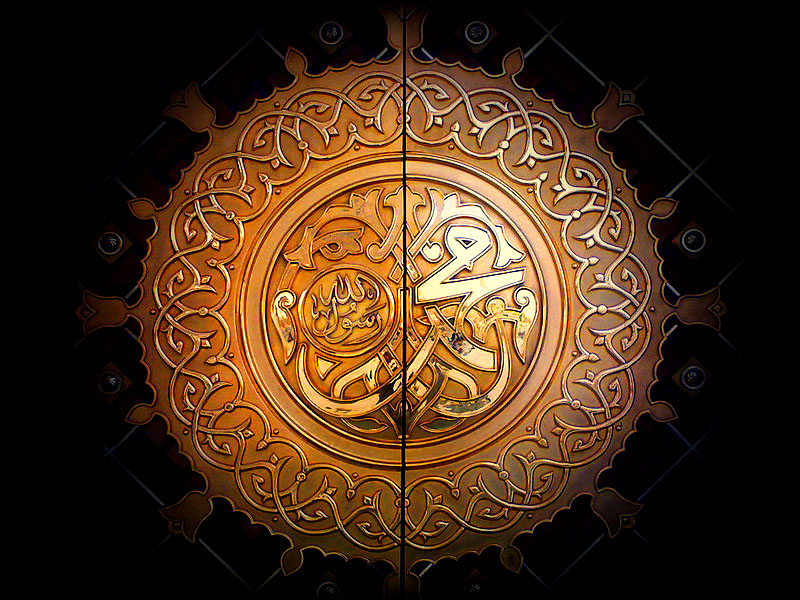Prophet Mohammed, venerated by billions of Muslims all over the world, was more than just the Prophet of Islam, as he directed all his companions and followers to stick to ethical standards in all facets of life including business transactions, trading, and entrepreneurship. These ethical values are laid down in the Quran, the holy Book of Muslims, and in the traditions of Prophet Muhammad recorded and compiled by some of his closest companions in the form of a book known as the ‘Hadiths’. Both the Quranic verses and the traditions of Prophet Mohammed are aimed at training the inner self of man, to encourage him to give up self-interest in favor of social interests. Without going much into the details, we have tried to touch upon the essence of these teachings from the sayings of the Prophet so that any aspiring startup entrepreneur could appreciate and integrate those as part of his/her learning process towards the development of entrepreneurship skills.
- When a sale is held, say, “There’s no cheating.” (Book: Al-Bukhari).
- “Be careful of excessive oaths in a sale. Though it finds markets, it reduces abundance.” (Book: Muslim).
- “The sale is complete when the two parties involved depart with mutual consent.” (Book: Al-Bukhari).
- “When people cheat in weight and measures, their provision is cut off from them” (Book: Al-Muwatta). “You (Business people) have been entrusted with affairs over which some nations before you were destroyed” (Book: Al-Tirmidhi).
- “Whoever monopolizes is a sinner” (Book: Abu Dawud).
- Furthermore, the Prophet says that in the case of free enterprise, the price of the commodities shouldn’t be fixed unless there is a there is a situational crisis or utmost necessity
- The Prophet prohibited hoarding merchandise to increase the prices in the market. He also forbade the transaction of prohibited items in Islam, such as alcohol, drugs, and intoxicants.
- Islam imposes limits on possession, ownership, and consumption. Its law of inheritance diffuses accrued personal holdings.
- Both the Quran and the Hadith denounce the display of one’s resourcefulness through an extravagant lifestyle.
Business Ethics of Prophet Mohammed
The Prophet refused to meddle in the free and fair operation of real market forces. He condemned the expulsion of a new entrant in the market. He also prohibited the prediction of the proper market price. Further, he regulated market demand by not allowing the monopoly purchasers to dictate terms on the arbitrary price and imposed moral restrictions on product advertising involving exaggeration, pomposity, the use of puns, digression, and unrealistic sales pitch. The Prophet is reported to have condemned the traders who sell products with the help of a false oath. He reprimanded traders who sell their goods without disclosing the defects upfront to the buyer, wherein in such a case; the purchaser can annul the contract of a sale. He regulated the activities of brokers and intermediaries and this helped prevent manipulation of market prices. Therefore, in Islamic law, if anybody charges an exceedingly high price, it is termed a grave deception and is completely inadmissible.
Insider Trading
The Prophet condemned the practice of ‘haggling’ which also implies the conditional and partial acceptance of the deal by the customer. He also advocated the virtue of safeguarding other’s secrets, whether implicit or express. By this, he proscribed disclosing secrets for personal gains including trade secrets, manufacturing formulas, or any other form of information that might seemingly affect the business or operation of the enterprise concerned.
The Islamic Values
The religion of Islam, as taught by Prophet Mohammed, therefore motivates entrepreneurs, traders, investors, and the like to maximize their utility without getting themselves into unethical or unsocial activities, with a strong emphasis on leniency, good manners, and courtesy. A trader has complete autonomy for maximization of profits through the optimum use of resources, accurate anticipation, proper planning, and managerial efficiency, but not through the means that the religion of Islam treats as sinful or immoral.
References:
www.sahih-bukhari.com
www.sunnah.com
www.ahadith.co.uk
Image Courtesy: Wikipedia

